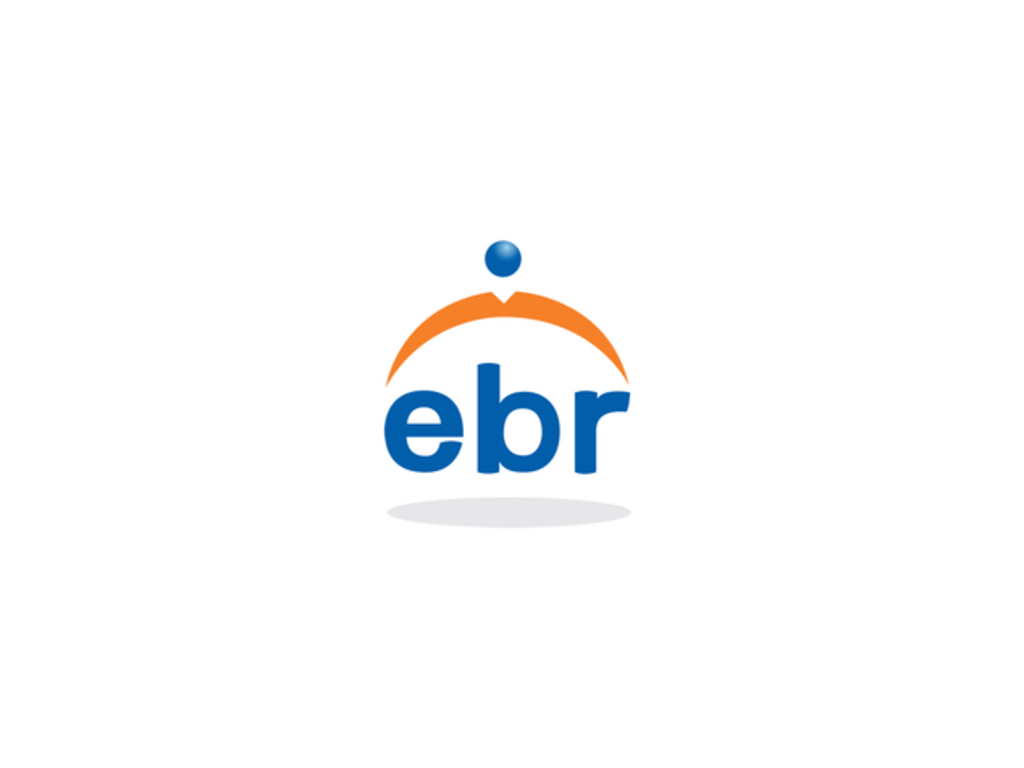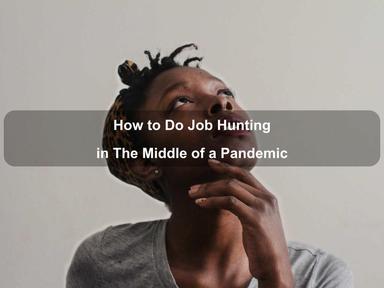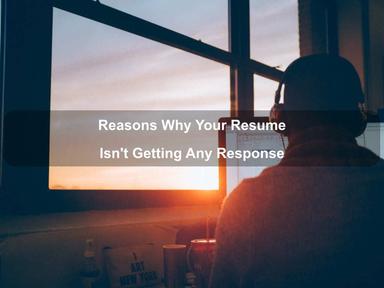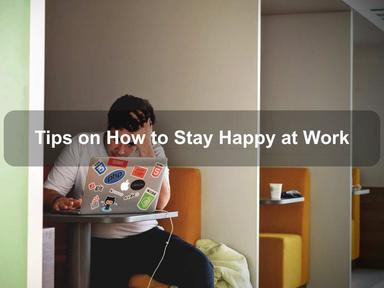published: 22 Oct 2020
5 min read | website: www.ebr.com.au
1. Don't Put Everything on There
Your resume should not have every work experience you've ever had listed on it. Think of your resume not as a comprehensive list of your career history, but as a marketing document selling you as the perfect person for the job. For each resume you send out, you'll want to highlight only the accomplishments and skills that are most relevant to the job at hand (even if that means you don't include all of your experience).
2. Tailor your resume to meet an employer needs
This 'master' resume will form the base for the individually tailored résumés that you will develop when applying for specific jobs. Tweaking your existing résumé (rather than starting from scratch each time) will reduce the time it takes to develop a tailor resume. Just remove information that isn't relevant, include the employer's key words, to make a résumé that is relevant to a specific job and employer.
3. Be more specific
If you are applying for a job in an industry that you have already worked in, you can assume whoever is reading your resume is familiar with the general aspects of that work. Hospitality employers know what a job as a waitress or bartender entails and farmers understand general farm work. When listing your job duties on a resume, there is no need to include every single task you did. Focus on key responsibilities or details that stand out.
For example, instead of 'served drinks', say 'served tap beer, wine and prepared cocktails for up to 200 people on busy nights.' Instead of 'waited tables' say 'responsible for carrying 2 plates for table service'.
4. Clear and correct contact details
Always double check that the mobile number and email address on your resume is correct. If we had $1 for every time someone had put a wrong phone number or email address on their resume, we'd be rich. Make your contact details easy to find. If your resume has done the trick, the employer will want to pick up the phone and ring you straight away! Put your mobile number and email address at the top of the page under your name.
5. Add a cover letter (if needed)
A cover letter is a great way to personalize an application and give examples of why you are a good fit for a job. There are times when you will apply for a job that you have the experience for, but it might not be listed in your resume. In these cases, write a cover letter instead of a new resume.
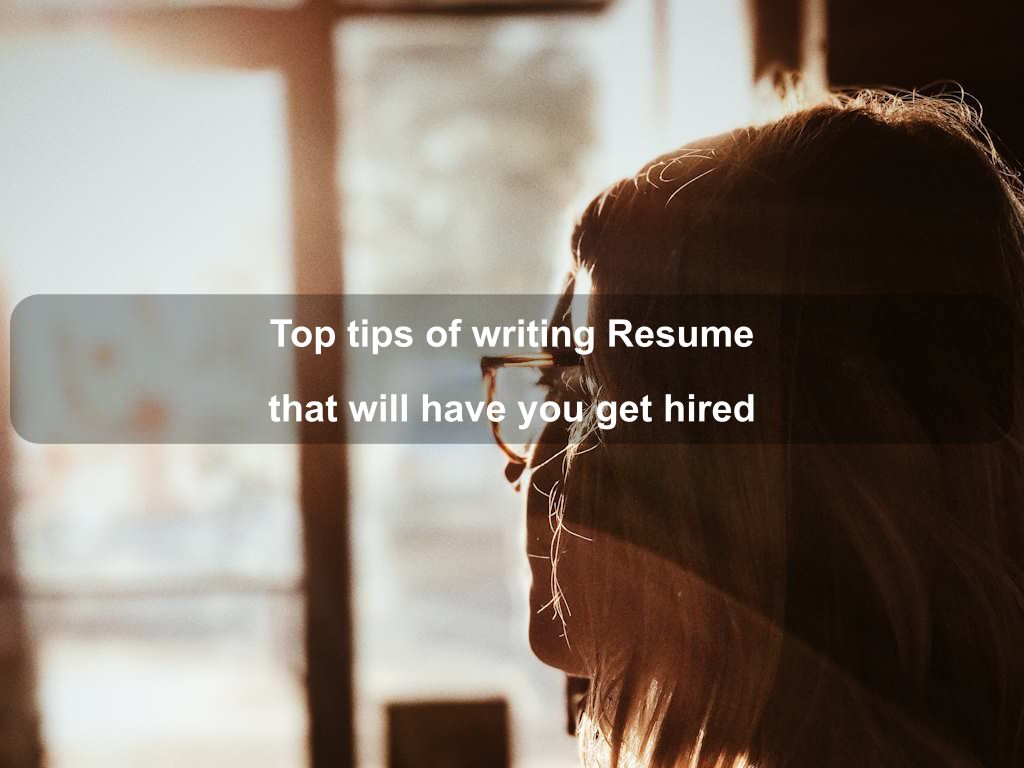
Are we missing something? Help us improve this article. Reach out to us.
